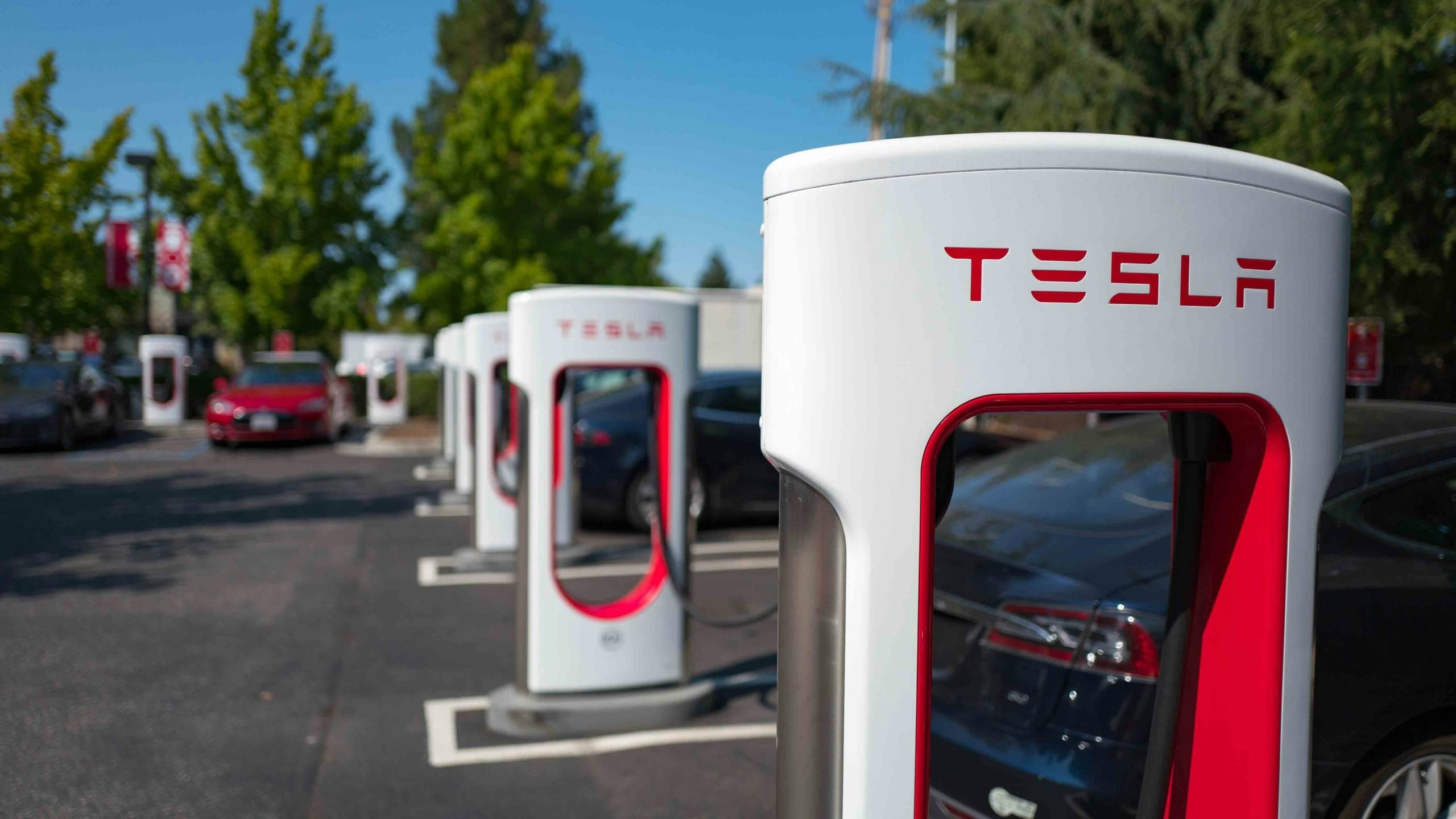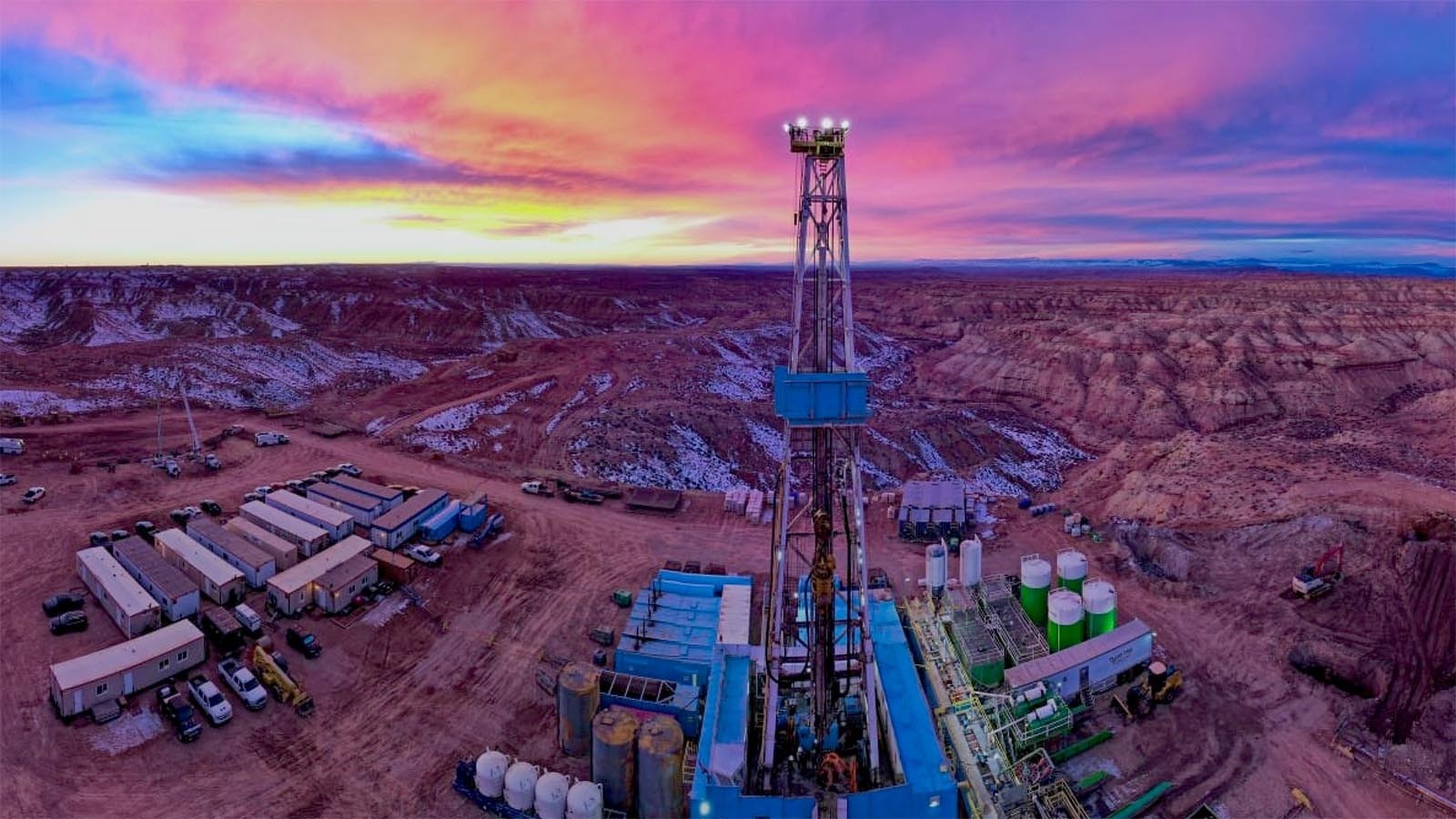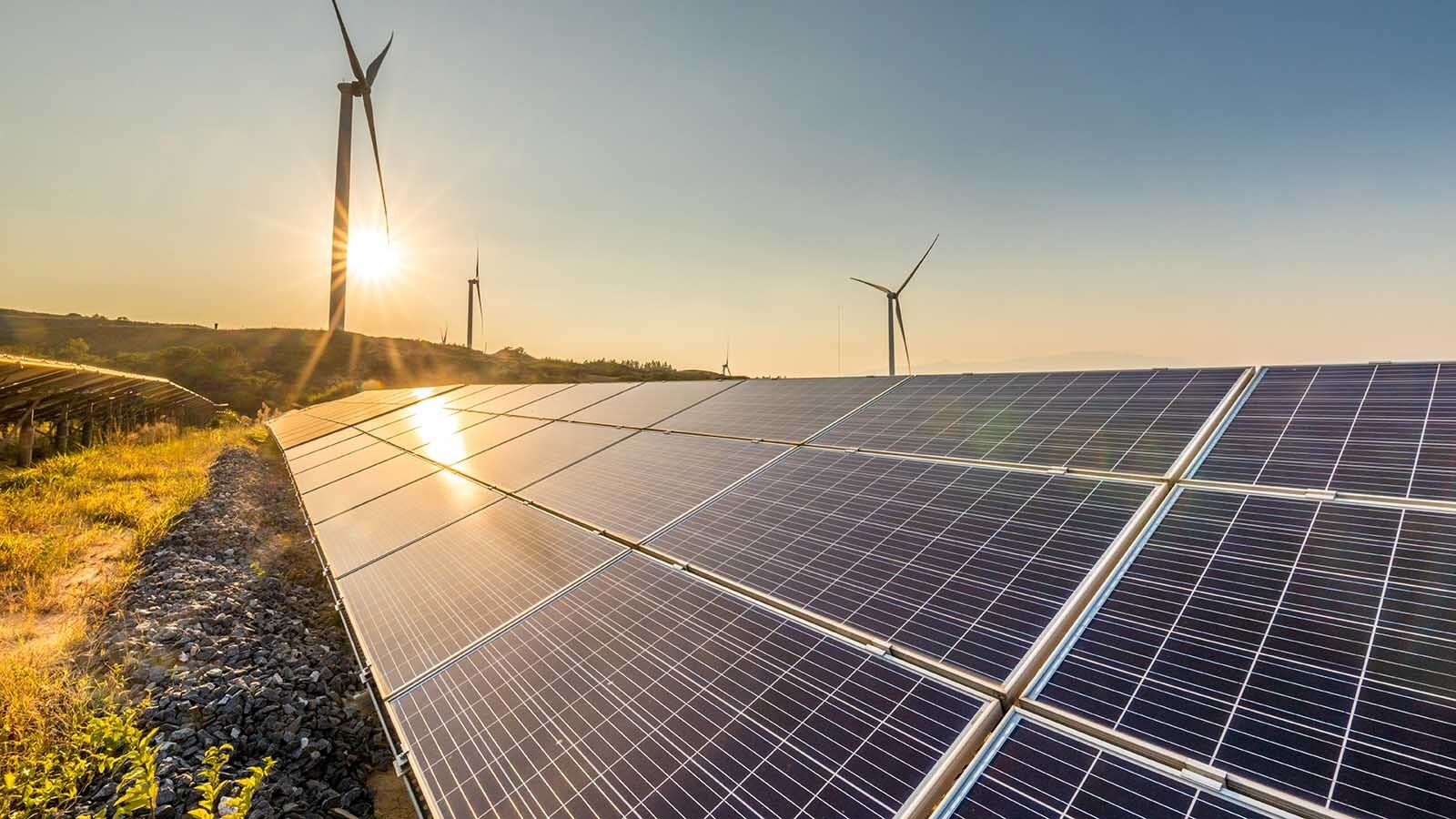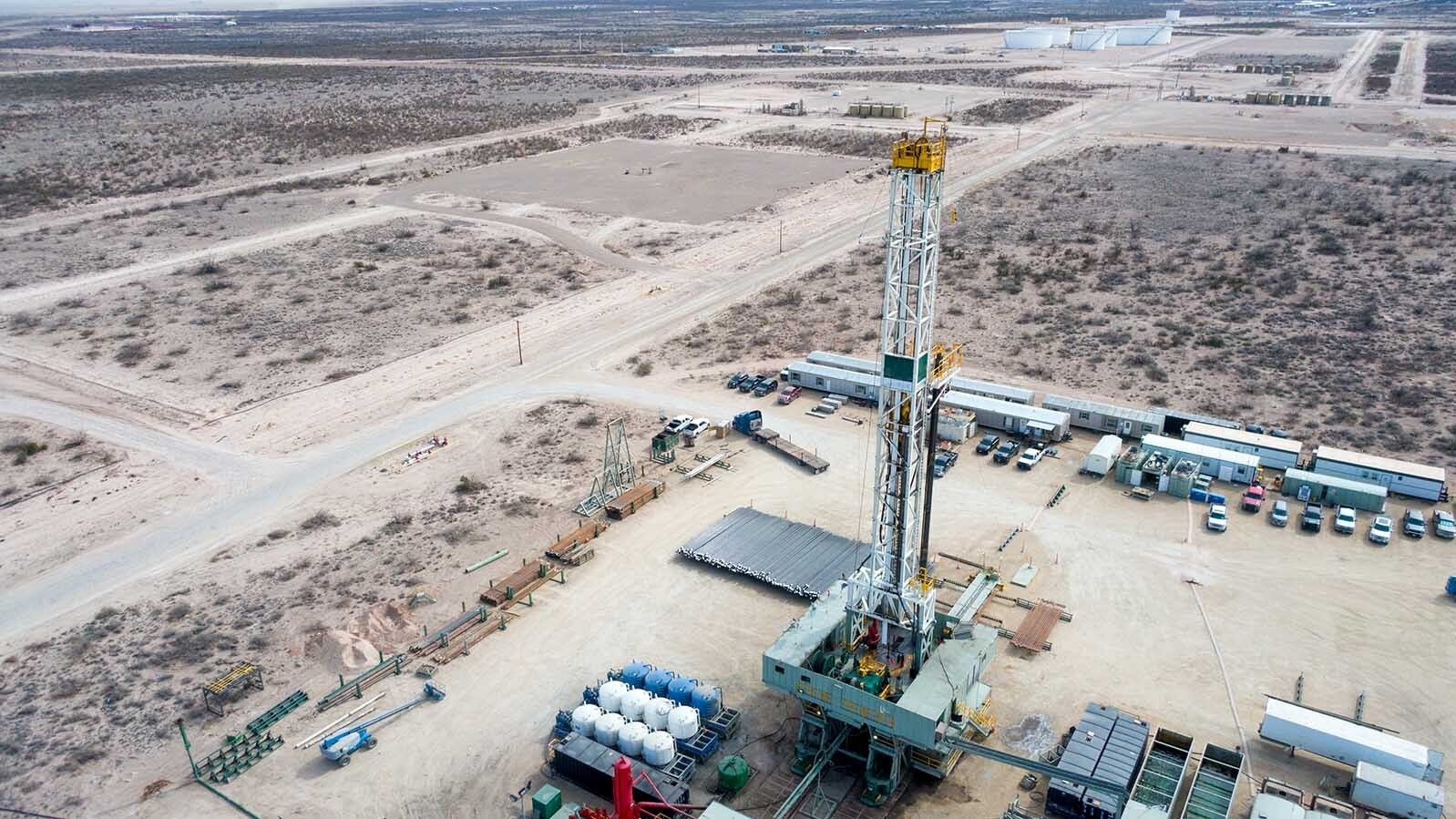Tesla CEO Elon Musk was once hailed as an innovator who was going to end humanity’s dependence on fossil fuels. Driving a Tesla electric vehicle was the ultimate status symbol for the climate-conscious environmentalists who could afford one.
Now, the company has a lower rating on the environmental, social and governance (ESG) scale — a measure of a company’s commitment to progressive values — than a major tobacco company.
This “shows how the woke leftwing mob is using ESG scores to exert control over our entire society in an enormously negative way,” Wyoming Secretary of State Chuck Gray told Cowboy State Daily.
‘The Devil’
After Musk bought Twitter and demonstrated a commitment to making it a free-speech platform, he’s fallen out of disfavor with the progressive left.
Last November, American television personality Carol Roth tweeted that after Musk freed Twitter from progressive censors, Tesla was removed from the ESG 500 index — a listing of the stocks most favorable to ESG — but Exxon wasn’t.
Musk replied that, “ESG is the devil.”
The Washington Beacon reported Tuesday that Tesla now rates worse than Altria, which owns the Philip Morris cigarette brand and is one of the largest tobacco producers in the world.
The S&P Global gives Tesla an ESG score of 37. It rates high on environment, well above the industry average, but low on social rating. The company’s governance score is at the average for the industry.
According to S&P Global, the Altria Group has an ESG score of 42, rating well above the industry average for its environmental practices, average for the industry on social, and above average for governance.
According to Sustainalytics, a popular source of ESG ratings, Altria had a lower score — meaning it had a lower risk and is a more sustainable investment — than the carmaker.
“This is leading to many outrageous left-wing results – from Bud Light’s offensive and outrageous marketing campaigns to the removal of three pro-oil and gas board members at Exxon,” Gray said.
Gray was referring to the beer maker’s choice to feature transgender activist Dylan Mulvaney in its ads, and the successful efforts of Engine No. 1, an anti-fossil fuel activist firm, to replace members of Exxon’s executive board.
“The radical left is weaponizing these ESG scores to deny capital to anyone who does not bow to the new religion of the radical left — wokeism,” Gray said.
Check Boxes
Alex Stevens, manager of policy and communications for the Institute of Energy Research, told Cowboy State Daily that Musk is a difficult person to pin down politically.
Despite competing effectively in the electric vehicle space, he’s been an outspoken critic of ESG, calling it a “scam.”
The difference in ratings between tobacco companies and Tesla, Stevens said, shows he’s right.
“I think this highlights the fact that the ‘social’ element of ESG is often more about promoting current progressive social fads than it is about developing objective metrics to determine how well companies are serving some vague notion of the common good,” Stevens said.
Altria has had well-publicized campaigns to push for diversity on the corporate boards of its companies, as well as a number of social justice initiatives.
Stevens, who often writes on ESG and its impacts on the energy industry, said the success of these campaigns in gaining ESG credibility indicates that companies are making major decisions about corporate leadership based on whether or not they are “checking politically correct boxes” and not necessarily based on merit or what’s best for shareholders.
“That obviously raises concerns about fiduciary responsibility,” Stevens said.
Transparency
Gray said these concerns are why he wants the State Loan and Investment Board to take a strong stance against ESG, so that state funds aren’t subject to progressive agendas
It’s “so that we may never subject the funds of Wyoming to the insidious and radical agenda of the radical left,” Gray said.
He said he also wants to see an ESG disclosure rule that will require investment advisors, broker dealers and securities agents to disclose whether they are investing clients’ money in ESG funds.
“The more people understand how ridiculous ESG scoring is, the better,” Gray said.
Woke Investing
Sometimes called “woke investing,” ESG rates funds on various markers of progressive-friendly policies related to protecting the environment, diversity in the workplace and community relations.
Any association with fossil fuel industries quickly gets a fund rated down. Companies associated with fossil fuels — whether they be coal mines, oil and gas producers or utilities — can get rated down unless they’re actively working to reduce emissions, which often means they have to show efforts to stop selling their products.
Timber industries, gun manufacturers and agricultural businesses also face pressure from the movement.
Critics of the ESG movement say it has become a formidable mechanism in pushing progressive policies by financially starving companies that don’t comply with ESG standards. In this way, ESG has been able to circumnavigate democratic processes.





